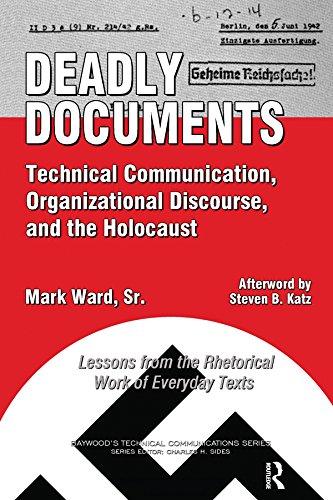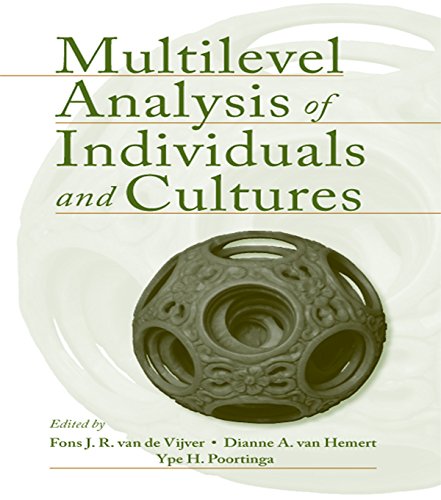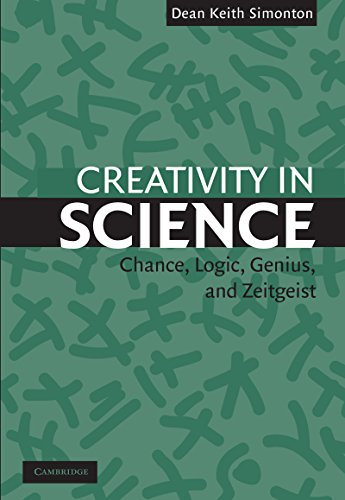
By Mark Ward
ISBN-10: 0895038013
ISBN-13: 9780895038012
Scholars, lecturers, and practitioners of organizational, specialist, and technical verbal exchange and rhetoric are goal audiences for a brand new e-book that reaches throughout these disciplines to discover the dynamics of the Holocaust. greater than a historical past, the e-book makes use of the extraordinary case of the ultimate technique to illumine the communicative structure of businesses and to wreck new flooring on damaging organizational communique and ethics. lethal records: Technical verbal exchange, Organizational Discourse, and the Holocaust—Lessons from the Rhetorical paintings of daily Texts begins with a microcosmic examine a unmarried Nazi bureau. via shut rhetorical, visible, and discursive analyses of organizational and technical records produced by means of the SS safety Police Technical concerns Group—the bureau that controlled the Nazi cellular fuel van program—author Mark Ward indicates how daily texts functioned as “boundary items” on which competing organizational pursuits may venture their very own interpretations and briefly negotiate consensus for his or her components within the ultimate Solution.
The preliminary chapters of lethal files offer a historic ethnography of the SS technical bureau by means of heavily describing the institutional and organizational cultures within which it operated and touching on organizational tales advised in postwar testimony by means of the desk-murderers themselves. Then, via exam of the first fabric in their files, Ward demonstrates how this Social Darwinist international of competing Nazi bureaucrats deployed rhetorical and linguistic assets to build a social truth that normalized genocide. Ward is going past the standard Weberian bureaucratic paradigm and applies to the matter of the Holocaust either the interpretive view that sees companies as socially built via verbal exchange and the postmodern view that denies the suggestion of a preexisting social item referred to as an “organization” and as an alternative situates it inside of greater discourses.
The concluding chapters hint how modern students communique have wrestled with the Nazi case and built a consensus clarification that the desk-murderers have been amoral technocrats. even though the reason is brushed off via so much historians, it however deals, Ward argues, a comforting distance among “us” and “them.” but, as Ward writes, “First, we'll research extra concerning the dynamic function of daily texts in organizational procedures. moment, as we see those processes—perhaps inherent to all prepared groups, together with our own—at paintings even within the severe case of the SS Technical concerns team, the comforting distance that we now keep among ‘them’ and ‘us’ is inevitably reduced. And 3rd, our newfound pain may possibly open efficient areas to revisit traditional wisdoms concerning the ethics of technical and organizational communication.”
Read Online or Download Deadly Documents: Technical Communication, Organizational Discourse, and the Holocaust: Lessons from the Rhetorical Work of Everyday Texts (Baywood's Technical Communications) PDF
Best psychological research books
David Campbell,John Shotter's The Socially Constructed Organization (The Systemic Thinking PDF
This new paintings appears on the dynamics of agencies from a social constructionist perspective, taking the supplier as whatever that's developed constantly via person interactions with others, either inside of and with out the organisation.
Die Entwicklungstheorie von Sigmund Freud (German Edition) - download pdf or read online
Studienarbeit aus dem Jahr 2005 im Fachbereich Psychologie - Entwicklungspsychologie, word: 1,5, Technische Universität Berlin, 6 Quellen im Literaturverzeichnis, Sprache: Deutsch, summary: Sigmund Freuds Arbeit hat eine entscheidende Funktion für die Psychologie der heutigen Zeit. Seine Theorien bezüglich der Entwicklung des Kindes, haben dazu geführt, dass die Sichtweise der Menschen sich verändert hat.
During this publication, best experts handle theoretical, methodological, and empirical multilevel versions as they relate to the research of person and cultural information. Divided into 4 components, the ebook opens with the fundamental conceptual and theoretical matters in multilevel examine, together with the fallacies of such study.
Psychologists, sociologists, philosophers, historians - or even scientists themselves - have frequently attempted to decipher the foundation for creativity in technological know-how. a few have attributed creativity to a unique good judgment, the so-called medical technique, while others have pointed to the inspirations of genius or to the inevitable workings of the zeitgeist.
- Contemporary Issues in Exploratory Data Mining in the Behavioral Sciences (Quantitative Methodology Series)
- Primera Infancia: La Construccion Psicosocial De Un Ser Humano (Spanish Edition)
- Handbook of Psychobiography
- Changing the Subject: Psychology, Social Regulation and Subjectivity
- Research Design: Quantitative, Qualitative, Mixed Methods, Arts-Based, and Community-Based Participatory Research Approaches
Additional resources for Deadly Documents: Technical Communication, Organizational Discourse, and the Holocaust: Lessons from the Rhetorical Work of Everyday Texts (Baywood's Technical Communications)
Sample text
Deadly Documents: Technical Communication, Organizational Discourse, and the Holocaust: Lessons from the Rhetorical Work of Everyday Texts (Baywood's Technical Communications) by Mark Ward
by Robert
4.0



